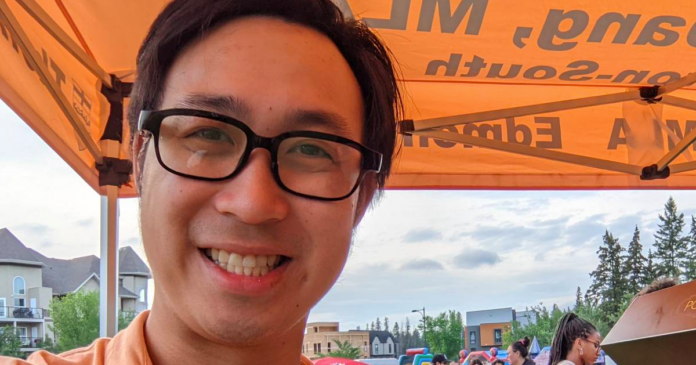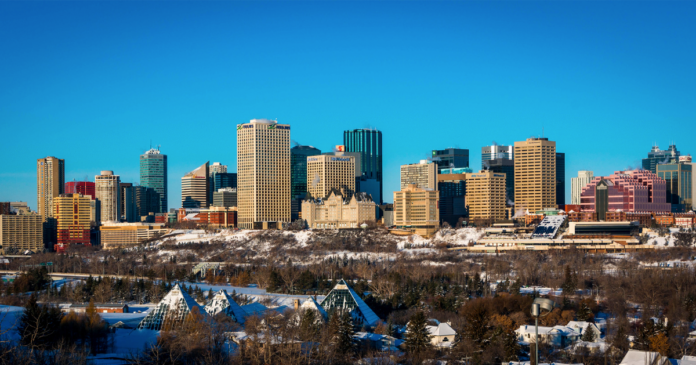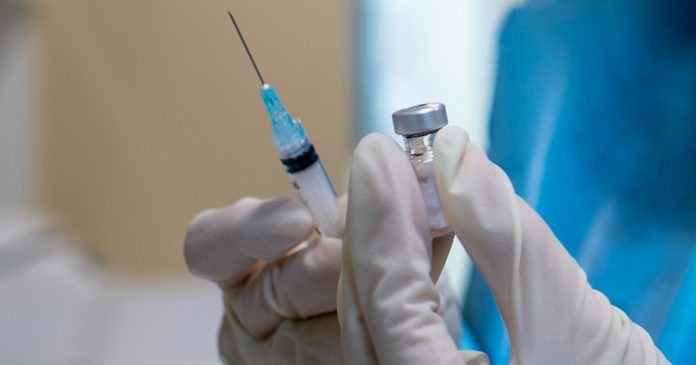Money the federal government earmarked to compensate Ottawa businesses purportedly affected by the Freedom Convoy went largely unclaimed.
According to Blacklock’s Reporter, a cabinet briefing note titled Support For Businesses In Ottawa And Windsor Impacted By Demonstrations details how over half of the $20 million budgeted for compensation was not used.
“Up to 1,900 businesses in Ottawa could potentially receive support,” the note explained.
“Ottawa received a total of 1,561 applications and as of June 8 had approved 1,127 applications amounting to approximately $8.6 million in federal support.”
In total, only 43% of the fund was accessed by local businesses.
The $20 million fund was first announced in February as law enforcement officials cracked down on protesters in Ottawa.
Small businesses were able to receive non-repayable contributions of up to $10,000 for costs.
“Our local businesses have shown incredible resilience throughout the pandemic, and especially during the past weeks, which have been incredibly difficult,” said Liberal Treasury Board President Mona Fortier at the time.
“Many downtown Ottawa businesses have been forced to close their doors or have seen a significant decrease in business, which has resulted in loss of revenue.”
As exclusively reported by True North, the City of Ottawa revealed in a report that it has “no plan” to recover an estimated $37 million in its costs, largely for law enforcement, from Freedom Convoy organizers.
“The costs of the occupation were borne by the Ottawa Police Service,” the report stated.
“As the federal government has undertaken to make the City of Ottawa and the Ottawa Police Service Board whole in this regard, there is no plan to try and recover those amounts from the convoy organizers, appreciating also that there is no legal authority in the municipality to do so.”

























